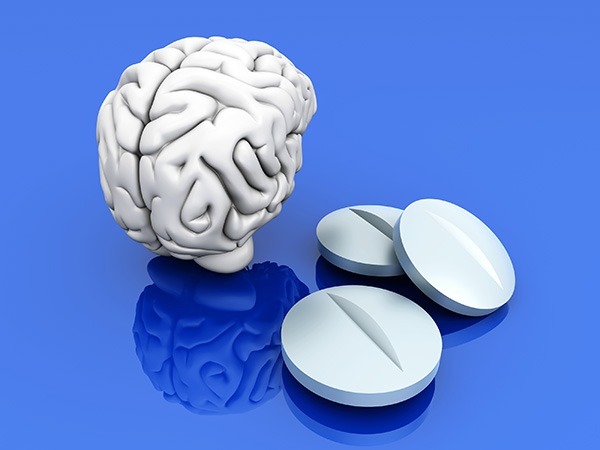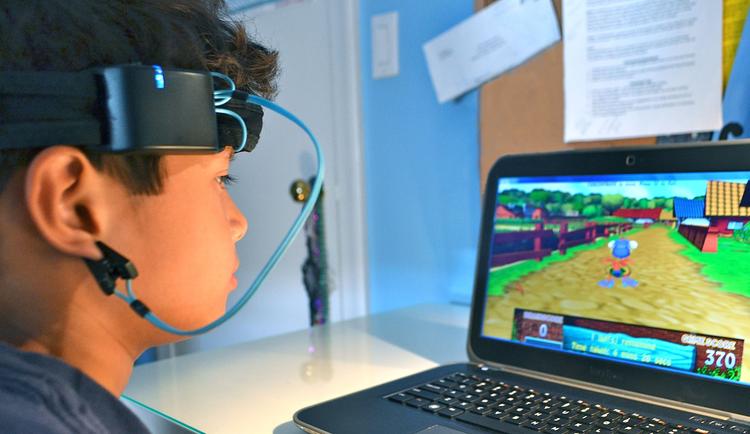Posts Tagged ‘academic-performance.’
Study finds mixed results of Adderall as cognitive enhancer (seems to boost emotion more than cognition)
Over the past 15 years there has been growing awareness that many college students without an ADHD diagnosis use ADHD drugs. On some campuses, rates of self-reported non-medical use have exceeded 30% of students. The primary reason students report taking ADHD drugs is to enhance their academic performance. And, the strong majority of students —…
Read MoreStudy finds combined pharma + non-pharma treatment most beneficial to help youth with ADHD address long-term academic difficulties
__ Academic difficulties are one of the most important adverse consequences of ADHD, and they frequently contribute to parents’ decision to seek treatment for their child. Whether treatment consistently yields a positive impact on long-term academic success is thus an important issue; however, the answer to this question has been somewhat controversial.
Read MoreDo ADHD drugs really help college students without ADHD?
___ Over the past 15 years there has been growing awareness that many college students without an ADHD diagnosis use ADHD drugs. On some campuses, rates of self-reported non-medical use have exceeded 30% of students.
Read MoreStudy: EEG-augmented brain training shows promise as first-line treatment for ADHD
Novel Brain Training Game May Reduce Kids’ ADHD Symptoms (Medspace): “A novel cognitive training computer game that uses a child’s own brain waves to improve concentration may reduce symptoms of attention-deficit/hyperactivity disorder (ADHD), say US researchers. Investigators used a novel feed-forward modeling (FFM) system, which…is based on a computer cognitive training game in which attention…
Read MoreTo improve academic outcomes, children with ADHD need both medication and non-medication treatments
. Academic problems are extremely common in children with ADHD, and often the issue that leads to referral for an ADHD evaluation. Academic outcomes can be measured in 2 different ways — academic achievement and academic performance — and both are compromised in children with ADHD. Academic achievement refers to the information and skills that children…
Read MoreStudy: To help children with ADHD improve academic performance, combine medication AND behavioral treatment
. Academic problems are extremely common in children with ADHD and often the issue that leads to referral for an ADHD evaluation. Unfortunately, the significant academic struggles that many children with ADHD experience can undermine their long-term success in areas that extend far beyond formal schooling. Given these facts, an important question is whether long-term…
Read More





